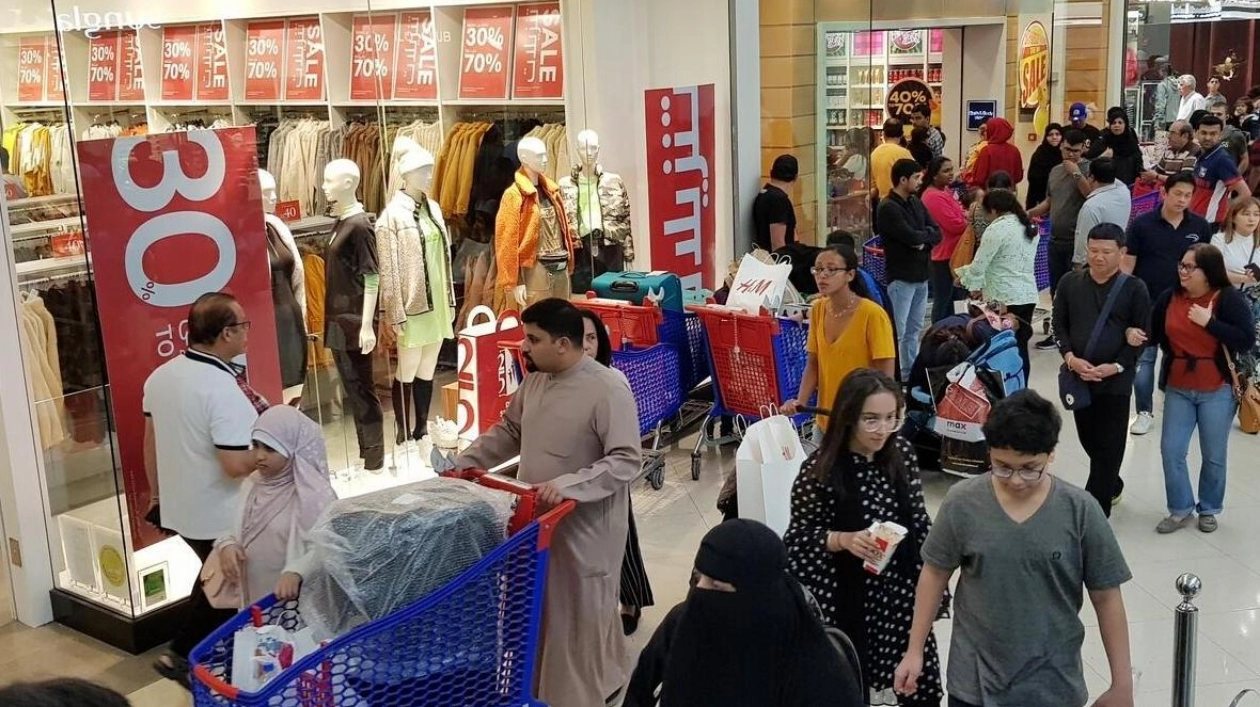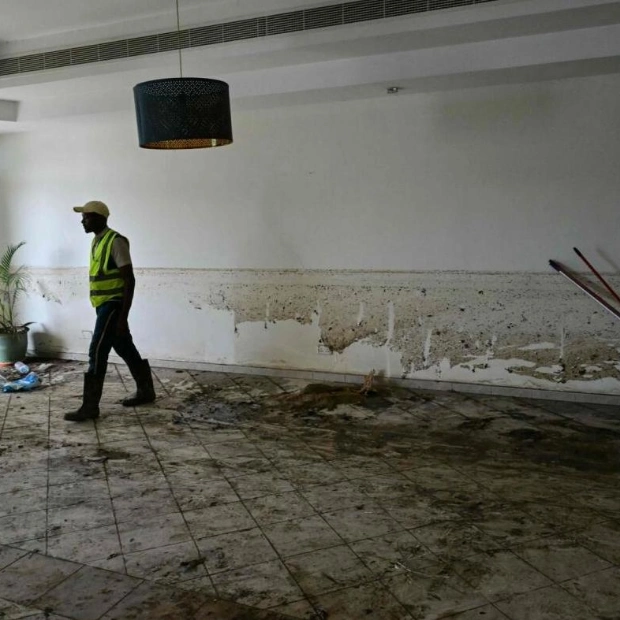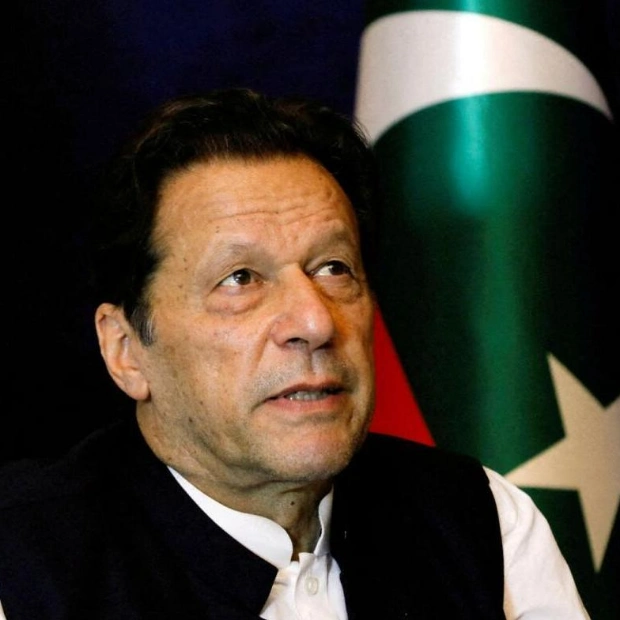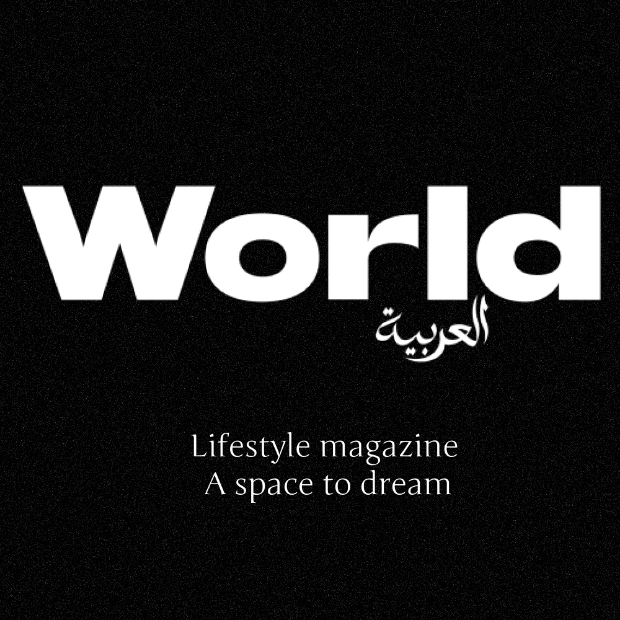In July, the UAE non-oil private sector experienced its slowest growth in nearly three years, according to a purchasing Managers' survey. This slowdown was attributed to competitive pressures, rising prices, and capacity overloads. Despite this, business confidence for the upcoming year remained robust. Experts interpret this as evidence of a temporary dip in non-oil sector growth during the summer.
The S&P Global UAE Purchasing Managers' Index (PMI), which provides a comprehensive view of operating conditions in the non-oil private sector, fell to 53.7 in July from 54.6 in June, marking its lowest point since September 2021. Although this is below the long-run average of 54.4, it still comfortably exceeds the neutral threshold of 50.0.
David Owen, a senior economist at S&P Global Market Intelligence, noted that the decline in the UAE PMI indicates a downward trend in non-oil sector growth for 2024. The index, which hit 53.7 in July, has shown weakening momentum in four of the last five months and has dipped below its long-term trend level.
The PMI report highlighted that price inflation has quickened, with input costs rising at the fastest rate in two years. This has led to a third consecutive month of increased output charges. Business activity continued to grow in July, driven by new work inflows, ongoing projects, and improved supply chain conditions.
In Dubai, the PMI reached its lowest point in two-and-a-half years, dropping to 52.9 from 54.3 in June. New orders saw a particularly soft increase, partly due to competitive pressures. Output growth slowed to its lowest since September 2021, resulting in reduced job creation. Non-oil firms also reduced their purchase stocks at the second-fastest rate on record, influenced by rising material prices and the need to use existing stocks.
Input prices surged at the fastest pace in two years, prompting another rise in output charges. Business capacity remained a significant challenge, with backlogs increasing sharply as firms grappled with supply and administrative issues. Despite improvements in delivery times and purchases, firms resorted to using their stocks to address these challenges, which could hinder growth if inventories are significantly depleted.
Overall, the PMI indicates solid expansion in the non-oil sector, which could strengthen if companies manage their workloads more effectively. Firms remain optimistic about future prospects, maintaining strong confidence and continuing to hire to increase staff capacity.
Demand conditions in the UAE remained positive in July, with sales increasing significantly, albeit at a slower pace since April. International demand also improved markedly, with exports rising at the second-strongest rate in nine months. However, intense competition led some firms to experience a decline in new order volumes. Firms often took on more work than they could handle, leading to a substantial increase in outstanding workloads. To prevent further backlogs, companies utilized their inputs to the fullest extent.






